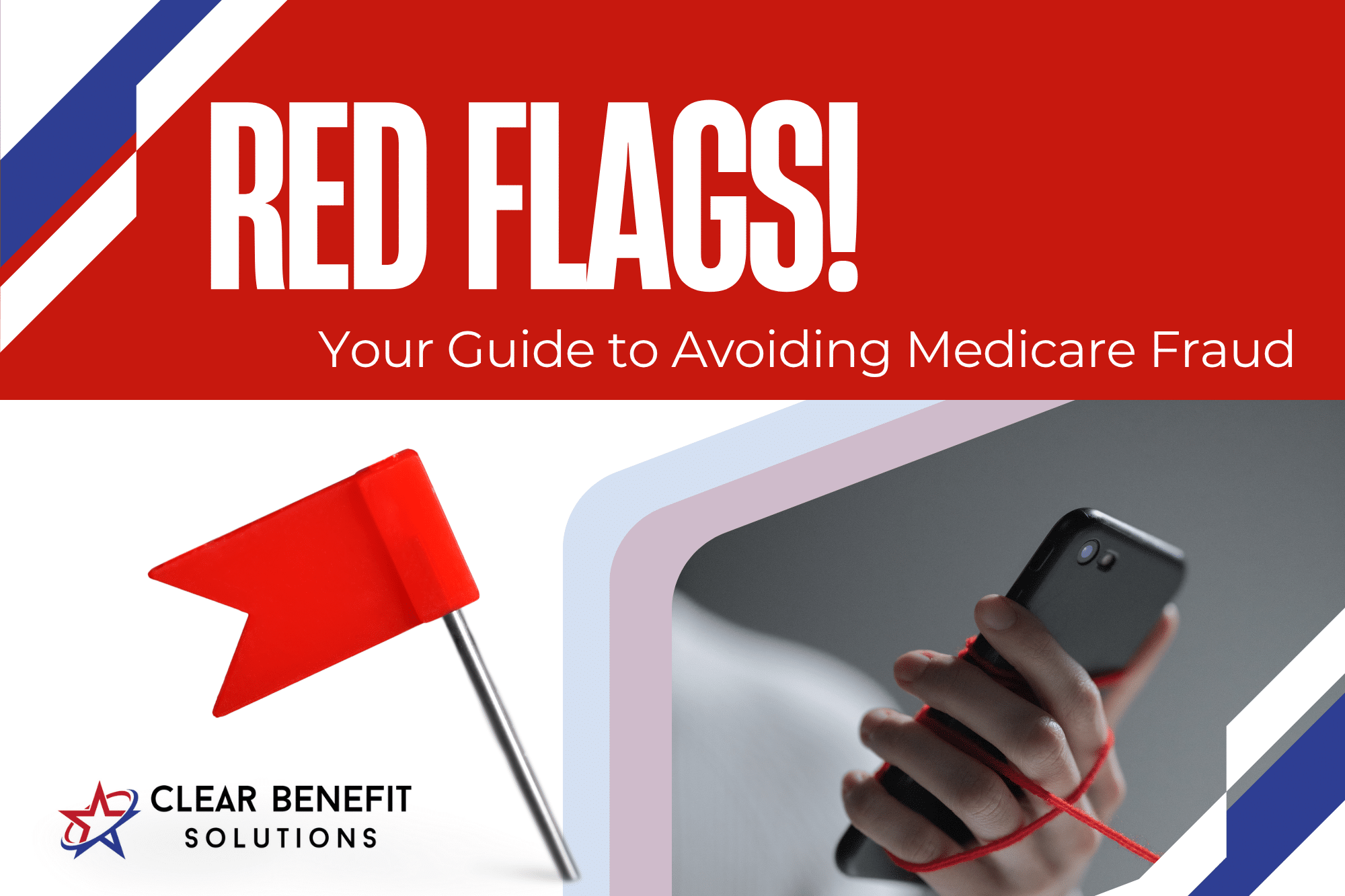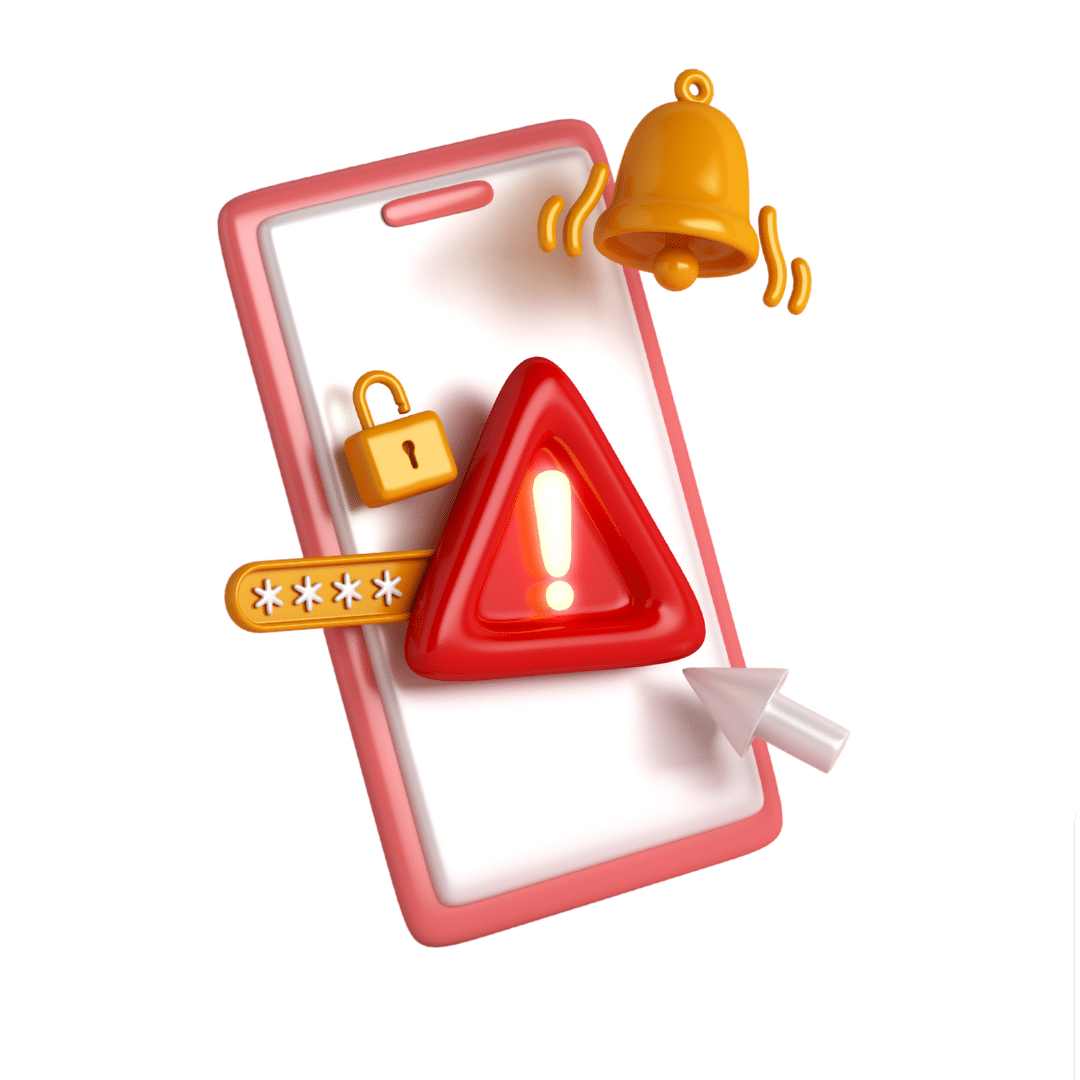
Let’s talk about something really important, especially if you’re on Medicare: scams.
Unfortunately, these days, scams are everywhere, and people targeting Medicare beneficiaries are particularly active. It’s crucial to be aware and protect your personal information. Remember this golden rule: Never give out sensitive information to an unknown caller or someone you don’t trust.
To help you stay safe, We’ve put together a list of common Medicare scams and some tips on what to look out for:
Common Medicare Scams to Watch Out For:
1. Unsolicited Calls from “Medicare Agents”
- Red Flag: You get a call out of the blue from someone claiming to be from Medicare and they start asking for your personal information.
- Tip: Here’s the deal: Medicare will never call you unless you’ve specifically requested them to. If you didn’t ask for a call, it’s likely a scam.
2. “Free” Medical Equipment or Services
- Red Flag: A caller or salesperson offers you “free” braces, wheelchairs, or even tests in exchange for your Medicare number.
- Tip: This is a classic “too good to be true” scenario. If it sounds suspicious, it probably is. Legitimate medical equipment and services require a doctor’s prescription.
3. Demands for a “New Medicare Card” or “Plan Upgrades”
- Red Flag: Scammers might call or message you, claiming you need a new Medicare card, or that you need to switch to a new plan to get upgraded benefits.
- Tip: Medicare generally doesn’t require new cards on a whim. If you’re concerned about your plan or benefits, contact us directly to discuss your options. Don’t let a scammer pressure you into a switch.
4. Door-to-Door Salespeople Offering Medicare Plans
- Red Flag: Someone shows up at your home, uninvited, wanting to talk about Medicare options.
- Tip: Be very wary of this. Licensed Medicare agents are not allowed to call or show up at your door without your prior permission. If someone does this, it’s a huge red flag.
5. Emails & Misleading Websites
- Red Flag: You receive emails or stumble upon websites that look like they’re from Medicare but ask for your personal information.
- Tip: Always be careful with links in emails. For legitimate information, always go directly to Medicare.gov or your insurance carrier’s official website. If a URL looks strange, or there are typos in the message, it’s almost certainly a scam.

Best Practices for Protecting Your Personal Information:
- Guard your Medicare number like it’s your credit card – only share it with people you absolutely trust.
- Report suspicious activity. If you suspect fraud, don’t hesitate to call 1-800-MEDICARE (1-800-633-4227) or report it to your insurance carrier.
- Never share personal information over the phone unless you initiated the call and are certain of who you’re speaking with. When in doubt, hang up!
- Always consult your trusted Medicare agent. Before you make any decisions about your Medicare, reach out to me or my office. We’re here to help you navigate your options safely.
If you have any questions or concerns about anything related to your Medicare, please don’t hesitate to call the office at (616) 320-8181.
Stay safe out there!
